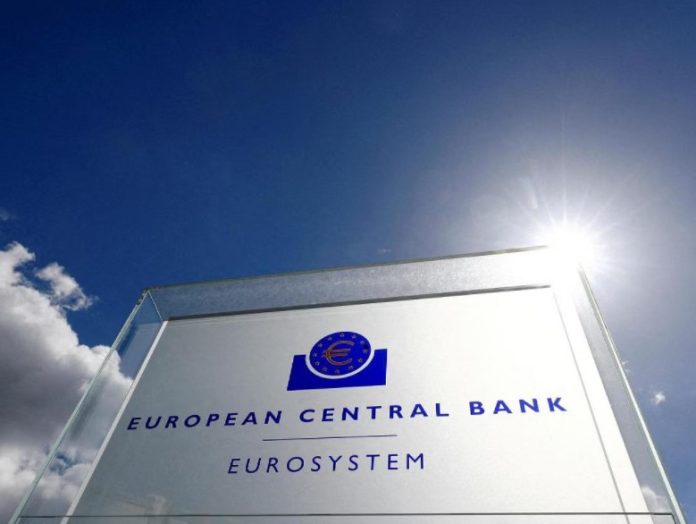The European Central Bank is facing the question of whether to raise its key interest rate to a record high or take a pause as the economy deteriorates. This could be the last step in the fight against inflation, according to Reuters.
Even after nine consecutive rate hikes, prices are rising more than twice as fast as the 2% target. Prices are not expected to fall to that level for another two years.
The probability of recession in the eurozone is increasing. Economic growth has been negatively impacted by rising borrowing costs in many countries around the world and the economic crisis in China. Investors and analysts believe a pause is now needed in ECB rate hikes. However, Reuters reported on Tuesday that the central bank was set to raise its inflation forecast for next year to more than 3%, which favors a rate hike.
The forecast for 2024 will have a significant impact in determining whether inflation, currently still above 5%, will return to target or risk being stuck at a higher level for a long time. Danske Bank economist Piet Haines Christiansen said:
“The inflation momentum is simply too strong for the ECB to pause.”
According to a Reuters poll, most economists expected the ECB to keep rates unchanged this week. However, money markets are now forecasting a 63% probability of a rate hike, which is expected to be the last in a cycle that began in July 2022.
The rate paid by the ECB on bank deposits will reach 4.0%, the highest level since the euro was launched in 1999, with a 25 basis point rate hike. UniCredit analysts said Thursday was a now-or-never moment for another rise in borrowing costs:
“If the ECB does not hike, it will sound hawkish and will try to convince financial markets that rates could be moved higher at one of its subsequent meetings. We doubt that this will be possible and expect that a decision to hold rates steady today would mark the end of the tightening cycle.”
Proponents of a rate hike this week will stick to the view that it is necessary because inflation, including core rates stripped of volatile components, remains too high and the recent spike in energy prices threatens to accelerate again. However, the brisk tightening cycle – twice as steep as normally envisaged by the ECB’s own stress tests of the banking sector – has already left its mark on the euro zone economy.
On Thursday, the ECB is also expected to cuts its growth projections for this year and next, leading some economists to argue it should hold off from raising rates this month. Natixis economist Dirk Schumacher said:
“While core inflation is only showing tentative signs of easing, the growth outlook has darkened quickly, implying less need for tightening.”
